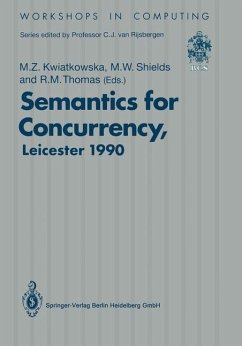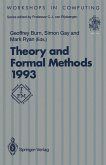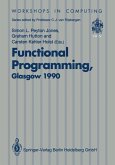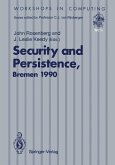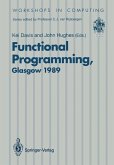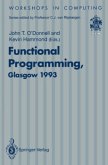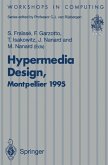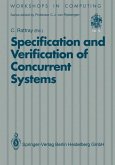The semantics of concurrent systems is one of the most vigorous areas of research in theoretical computer science, but suffers from disagree ment due to different, and often incompatible, attitudes towards abstracting non-sequential behaviour. When confronted with process algebras, which give rise to very elegant, highly abstract and com positional models, traditionally based on the interleaving abstraction, some argue that the wealth of contribution they have made is partially offset by the difficulty in dealing with topics such as faimess. On the other hand, the non-interleaving approaches, based on causality, although easing problems with fairness and confusion, still lack struc ture, compositionality, and the elegance of the interleaving counter parts. Since both these approaches have undoubtedly provided important contributions towards understanding of concurrent systems, one should concentrate on what they have in common, rather than the way they differ. The Intemational Workshop on Semantics for Concurrency held at the University of Leicester on 23-25 July 1990 was organised to help overcome this problem. Its main objective was not to be divisive, but rather to encourage discussions leading towards the identification of the positive objective features of the main approaches, in the hope of furthering common understanding. The Workshop met with an excel lent response, and attracted contributions from all over the world. The result was an interesting and varied programme, which was a combi nation of invited and refereed papers. The invited speakers were: Prof. dr. E. Best (Hildesheim University) Prof. dr. A.
Hinweis: Dieser Artikel kann nur an eine deutsche Lieferadresse ausgeliefert werden.
Hinweis: Dieser Artikel kann nur an eine deutsche Lieferadresse ausgeliefert werden.

